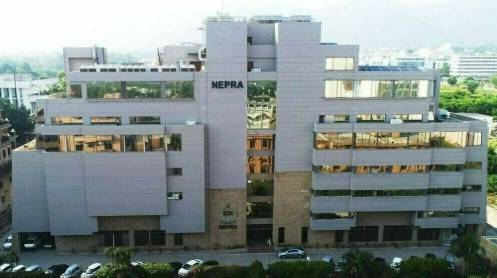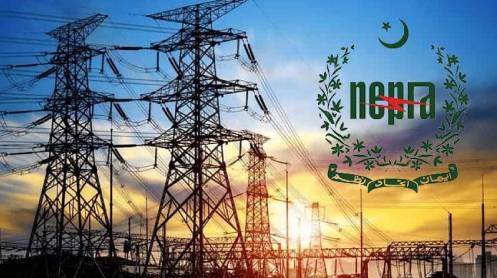Islamabad: The National Electric Power Regulatory Authority (Nepra) has taken suo motu notice of the Private Power Infrastructure Board’s (PPIB) decision to impose charges of up to $300 per megawatt (MW) on electricity consumers for its project facilitation services in power generation, transmission, and distribution. Nepra has scheduled a public hearing on February 13, 2025, to assess the legality and impact of these charges.
PPIB seeks to collect a $250–300 per MW annual fee on 19,677MW of installed electricity capacity from projects it has processed and facilitated. The government, which has been renegotiating power agreements to lower tariffs—including terminating contracts with six Independent Power Producers (IPPs) and transitioning 15 others to a take-and-pay model—now faces scrutiny for allowing a state-owned entity to pass these fees onto consumers.
PPIB justifies the charges under Section 23, read with Section 5 of the Private Power and Infrastructure Board Act, and the Private Power and Infrastructure Board (Fee and Charges) Rules 2018, notified via SRO 406(1)/2019 in March 2019. Initially set at $300 per MW per year, the fee was later reduced to $250 per MW in June 2022.
The Nepra hearing will focus on three key questions:
Is the annual $250 per MW PPIB fee on IPPs legitimate?
Does PPIB play any role in post-COD operations of IPPs to justify the fee?
Should the PPIB fee be passed onto electricity consumers?
Industry experts argue that the evolving private power market and the upcoming Competitive Trading Bilateral Contracts Market (CTBCM) will reduce PPIB’s role in the future. As DISCOs transition to direct electricity sales to businesses, and new projects under the Integrated Generation Capacity Expansion Plan (IGCEP) move forward without PPIB’s involvement, its justification for these charges weakens.
Stakeholders are expected to challenge the imposition of these fees, with Nepra potentially blocking the implementation during the upcoming hearing.
Story by Khalid Mustafa





